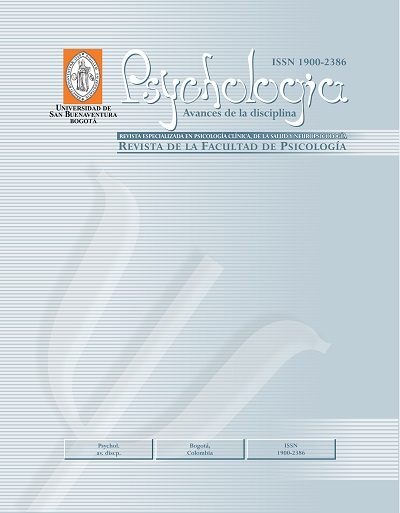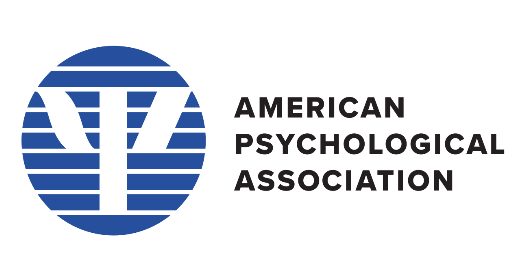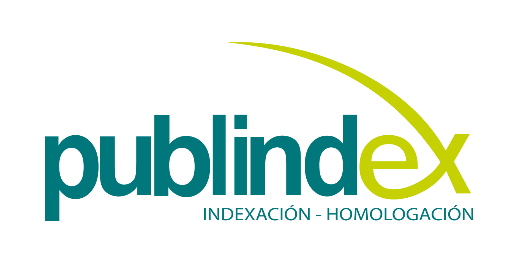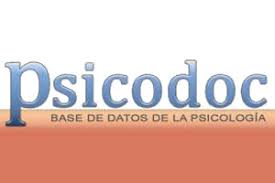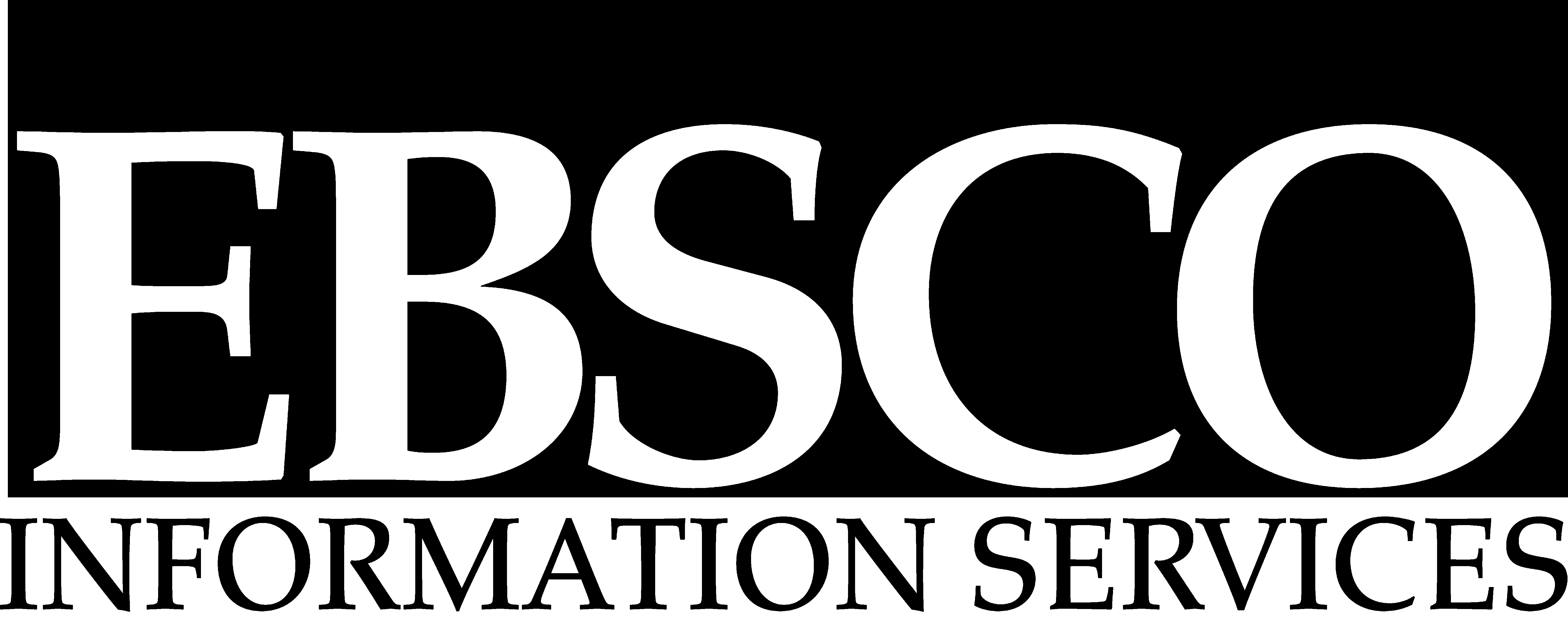Esta revista proporciona un acceso abierto inmediato a su contenido, basado en el principio de que ofrecer al público un acceso libre a las investigaciones ayuda a un mayor intercambio global de conocimiento.
Por tanto se acoge a la Licencia Creative Commons 4.0 Atribuciones Reconocimiento – NoComercial – CompartirIgual (by-nc-sa): No se permite un uso comercial de la obra original ni de las posibles obras derivadas, la distribución de las cuales se debe hacer con una licencia igual a la que regula la obra original.
http://creativecommons.org/licenses/by-nc-sa/4.0/
Resumen
Evidence-based assessment is a prerequisite for evidence-based mental health services. This article reviews the development, components, and multicultural applications of the Achenbach System of Empirically Based Assessment (ASEBA). The ASEBA includes standardized forms for obtaining self- and collateral-reports of evidence for behavioral, emotional, social, and thought problems and strengths. The problems are scored on empirically based syndromes and DSM-oriented scales. The syndromes have been supported by confirmatory factor analyses of ASEBA data from 54 societies. The strengths are scored on competence, adaptive functioning, and personal strengths scales. Translations of ASEBA forms are available in more than 100 languages. Reports of the ASEBA’s use have been published for more than 100 societies and cultural groups. Multicultural norms incorporate data from population samples in 54 societies. ASEBA software enables users to systematically compare data from self- and informant-reports regarding the person being assessed. The Multicultural Family Assessment Module (MFAM) compares scores for children and their parents in relation to norms for age, gender, the type of informant, and user-selected societies. Standardized multicultural evidence-based assessment facilitates communication and collaboration between mental health providers and researchers around the world.

